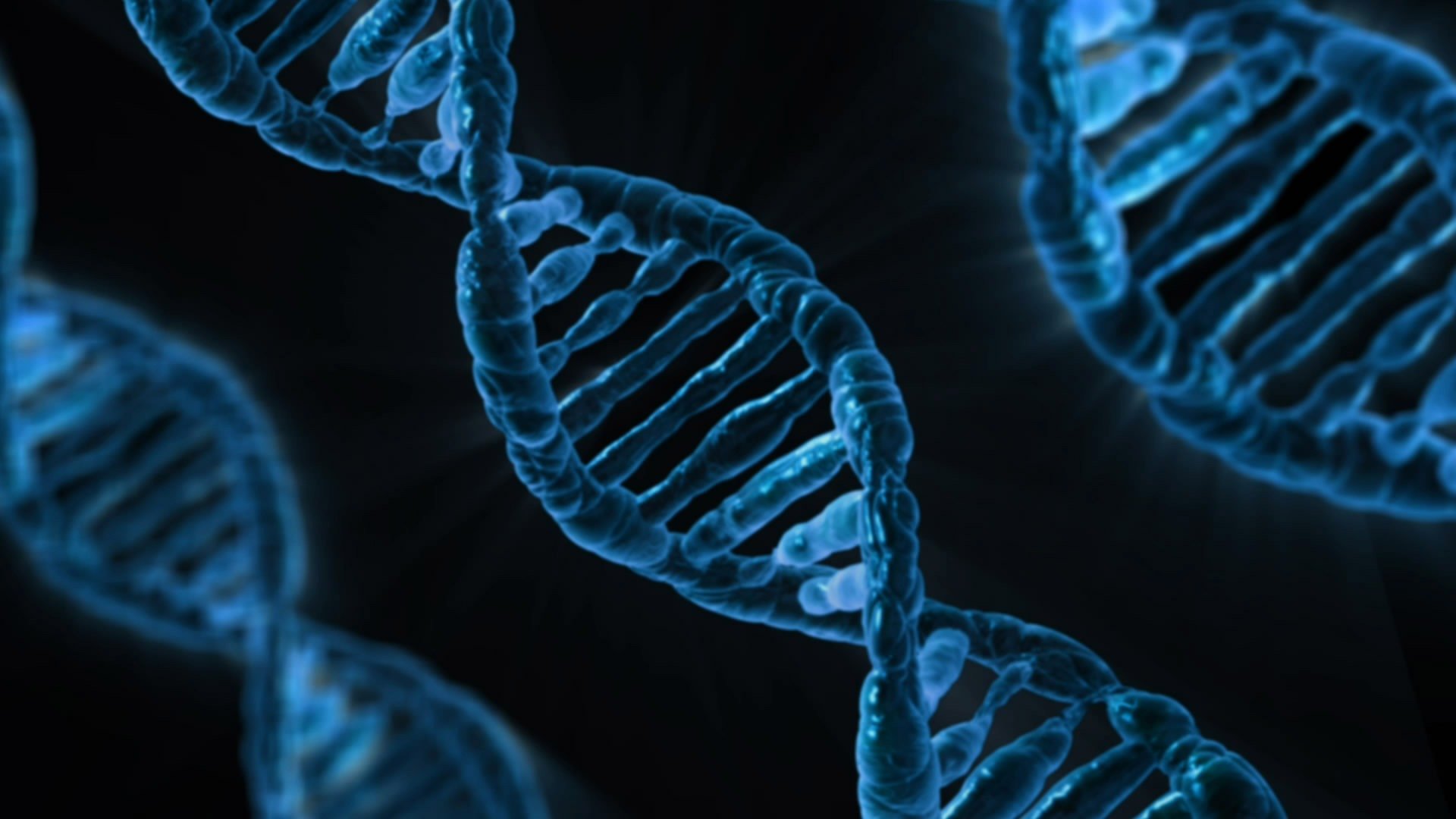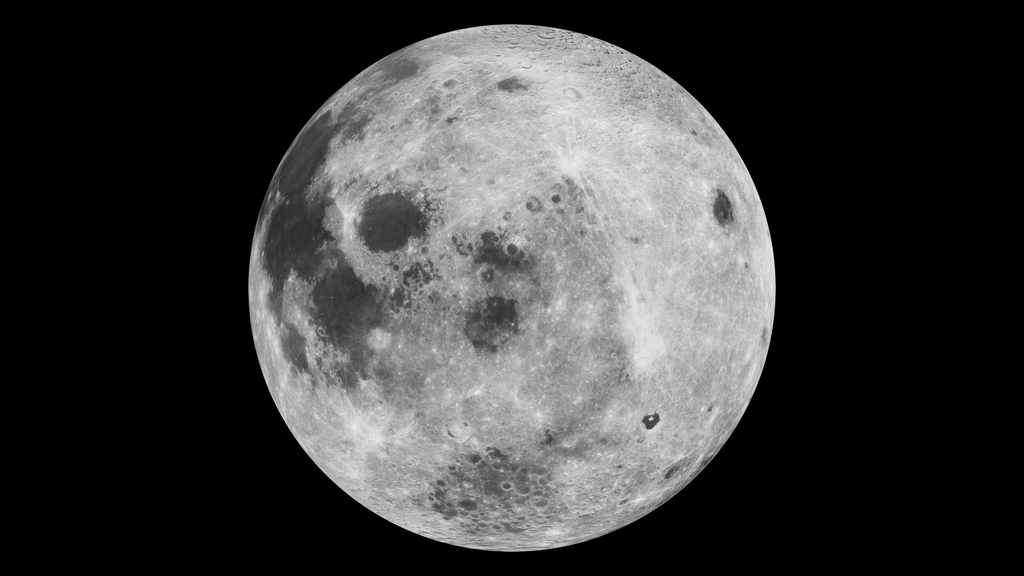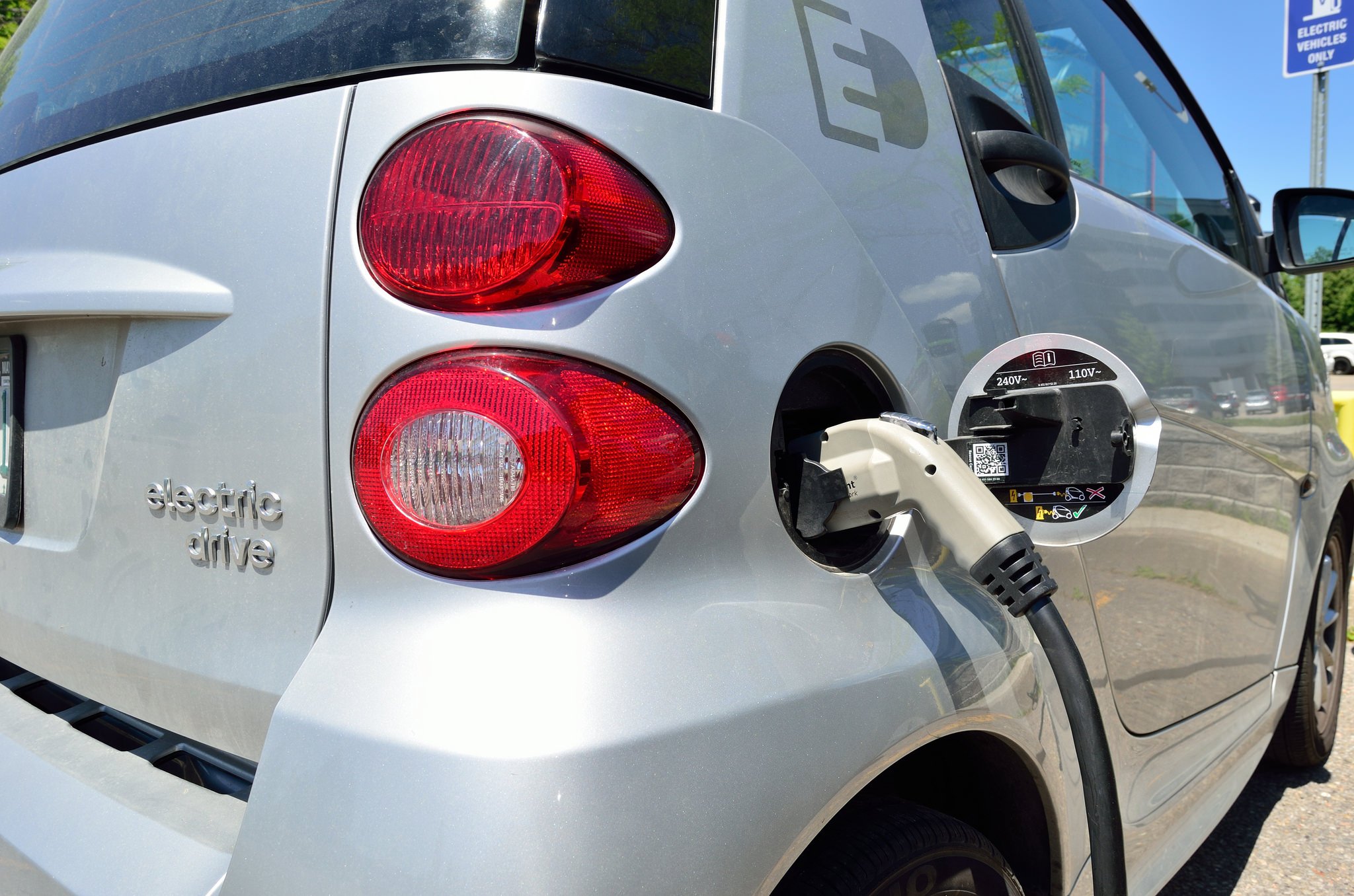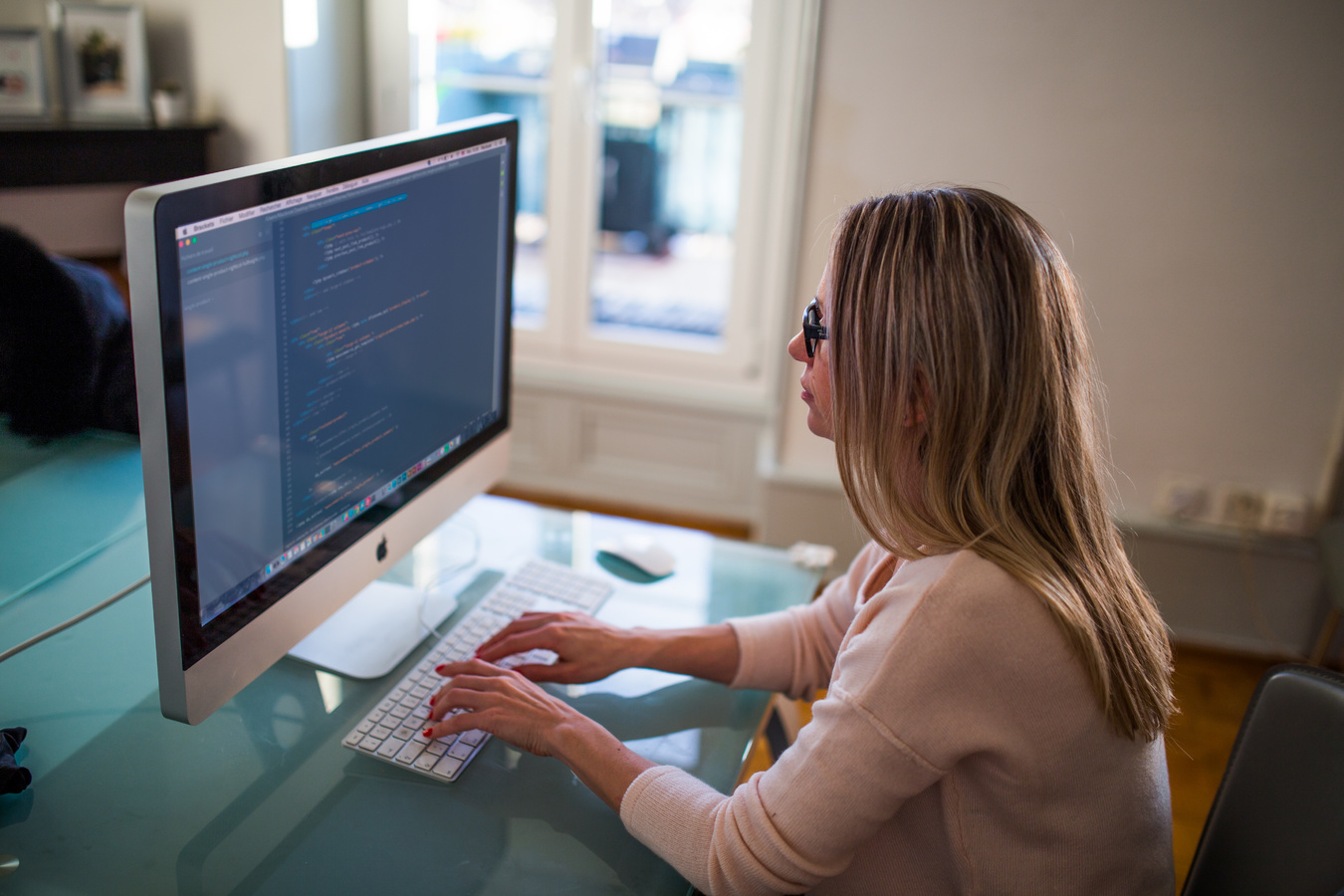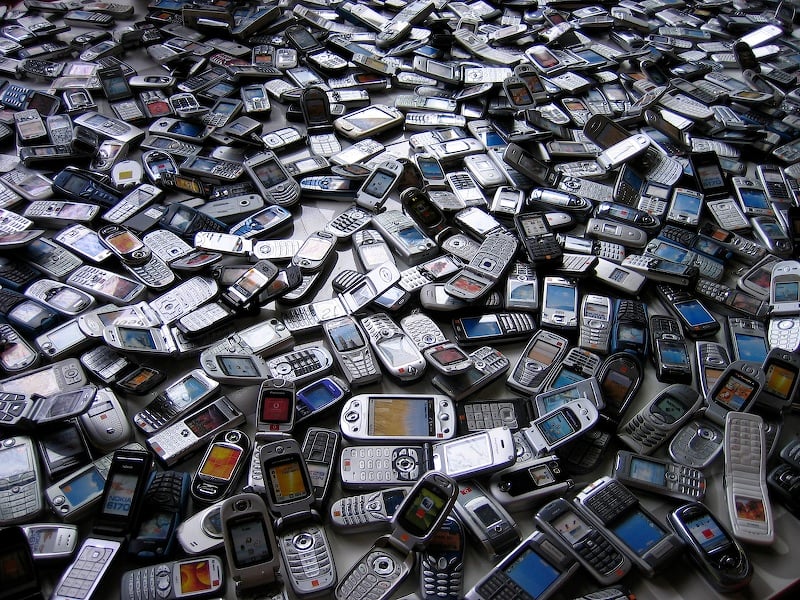Omics, sweet omics – curing the incurable, one disease at a time
There are many rare genetic diseases that strike perhaps only one in a million people. Often incurable, they can be profoundly debilitating and frequently life-threatening. Though each particular disease is rare, they number in the thousands – which means that together they affect about 30 million Europeans or around 7% of us. Treating these diseases is challenging … Read more

